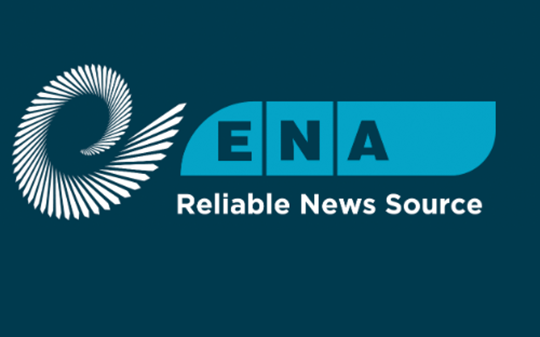
29 July 2025 | ENA Ethipoia

29 July 2025 | ENA Ethipoia

10 March 2025 | Business Daily
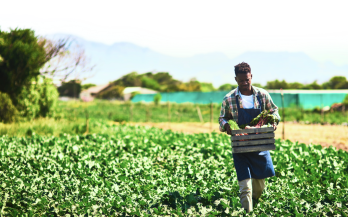
- 26/02/2026
I-CAN Policy Brief, June 2025. This policy brief highlights the challenges and opportunities arising from the need to better integrate climate and nutrition policies in Tanzania. Despite growing recognition of their interconnectedness, policies remain largely fragmented and operate in silos, particularly across health, nutrition, and other food systems sectors. Food and agriculture policies lead in climate-nutrition integration by including concrete strategies and accountability mechanisms. However, outdated legacy policies, weak institutional coordination, and fragmented financing and data systems hinder effective integration and implementation. Key barriers include limited cross-sectoral collaboration, under-resourced coordination structures, and lack of shared data and financing mechanisms. Recommendations include establishing a national Climate–Nutrition Coordination Committee, implementing integrated financing tracking, adopting joint monitoring indicators, and promoting inclusive stakeholder engagement to strengthen policy coherence and accelerate impactful climate-nutrition action in Tanzania.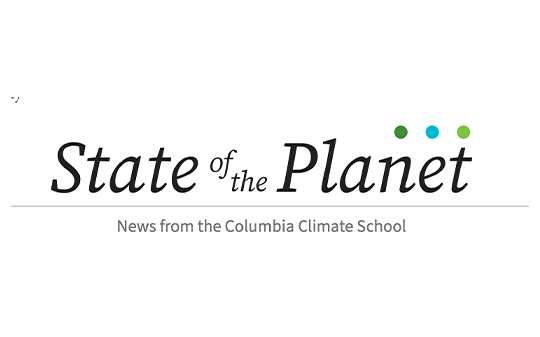
9 January 2026 | Sustainable Planet
Student Spotlight: A Systems-Level Approach To Help Solve India’s Food Challenges

2 December 2025 | Business Day Nigeria
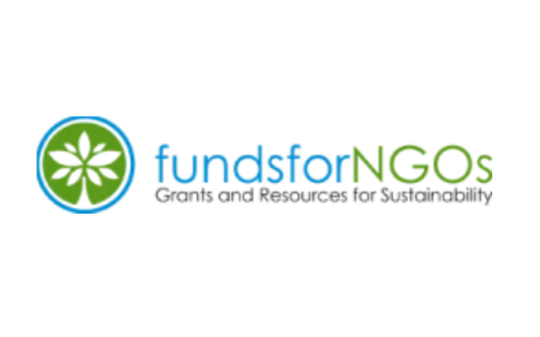
30 December 2025 | Fundsforngo
Partnership to strengthen the egg value chain in the western province of Rwanda

10 December 2025 | The Star
NYABUTO: Nutrition-sensitive social protection: A lifelong path to health and resilience
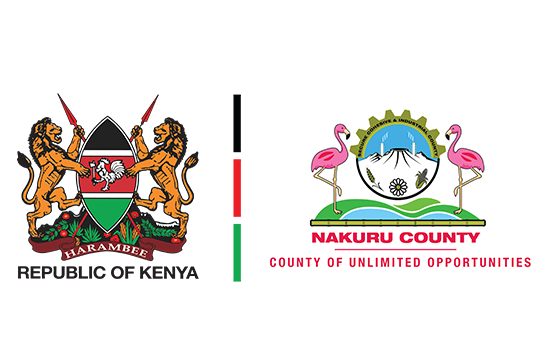
27 November 2025 | nakuru.go.ke
Nakuru County partners with GAIN to boost cold storage management at Free Area Market

27 November 2025 | Business Day Nigeria
GAIN completes $10m SNIPS project to boost Nigeria’s staple food nutrition
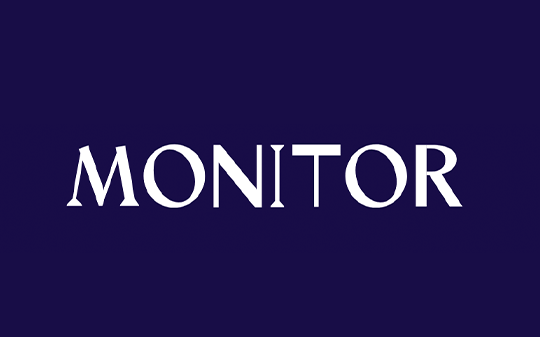
17 February 2026 | Monitor Uganda